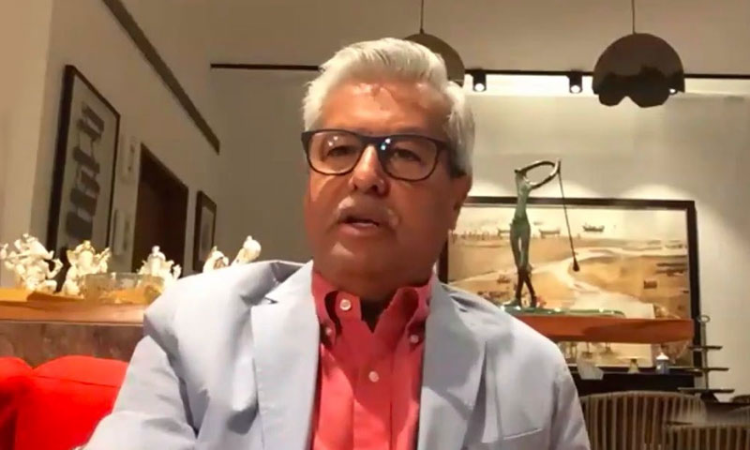Judiciary In India Has Become Majoritarian : Sr Adv Dushyant Dave
LIVELAW NEWS NETWORK
28 Jan 2024 12:56 PM IST

Next Story
28 Jan 2024 12:56 PM IST
The judiciary in India has become a "majoritarian judiciary", said Senior Advocate Dushyant Dave in an interview with LiveLaw. He said that the judiciary is remaining silent while several transgressions of law are taking place at the instance of the Executive."You must realize one thing that the Judiciary across the country, including the Supreme Court, has become a majoritarian Judiciary, and...
